Right before the 2020 election, my parents received a flyer informing them they had a poor voting record, having only voted once out of the past three elections. While this poor voting record was due to the fact that my parents had only recently become American citizens, voting for the first time in the 2018 midterms, the flyer served as an important reminder.
Voting is a privilege as much as it is a right. A single person’s vote has a large impact. When considering the 2000 election, if only 540 more people had shown up to vote for Al Gore in Florida, he would’ve won the presidency. In local elections, a single vote counts for even more. For example, in Hamilton County’s 2019 municipal election, only 15% of registered voters actually voted.
It’s the civic duty of every citizen to vote and choose their representatives. But compared to the general population, young people vote at much lower rates. According to Statista, only 55% of young people aged 18 to 29 voted in the 2020 election, which is higher than the 2016 election but still lower than the overall turnout of 66.7%.
I understand that in Indiana as in most states, youth can register to vote only if they turn 18 before the next general election, meaning registered 17-year-olds can vote in the primary election on May 3. Still, most high-schoolers—like me—are unable to vote. Despite the age limit, there are still many ways we can be civically active and get involved in the democratic process. A teenager as young as 16 can sign up to be a poll worker through the Hoosier Hall Pass program.
There are many benefits to being poll workers, especially as a teen. For one, poll workers earn around $100, a quick way to make some easy cash. Working the polls counts as community service and can help fulfill volunteer hour requirements. Poll workers also receive training on voting, making it easier for future voters to understand the voting process. But most importantly, poll workers are crucial to ensuring a fair and democratic election.
Poll workers do more than just pass out stickers. They prepare paperwork, set up ballot stations and privacy booths, check voter registration and more. Multilingual poll workers are essential in helping non-English speaking citizens to cast their ballot. But according to the U.S. Election Assistance Commission, two-thirds of states have difficulty finding enough people to staff polling sites. A shortage in poll workers can lead municipalities to close down polling places, making people wait hours in long lines just to vote.
One of the easiest ways to get civically active is to be a poll worker. During the next few elections, even if you’re not old enough to vote, remember you can take the day off from school and go work the polls. Hopefully, that kind of engagement will turn more teens into lifelong voters.















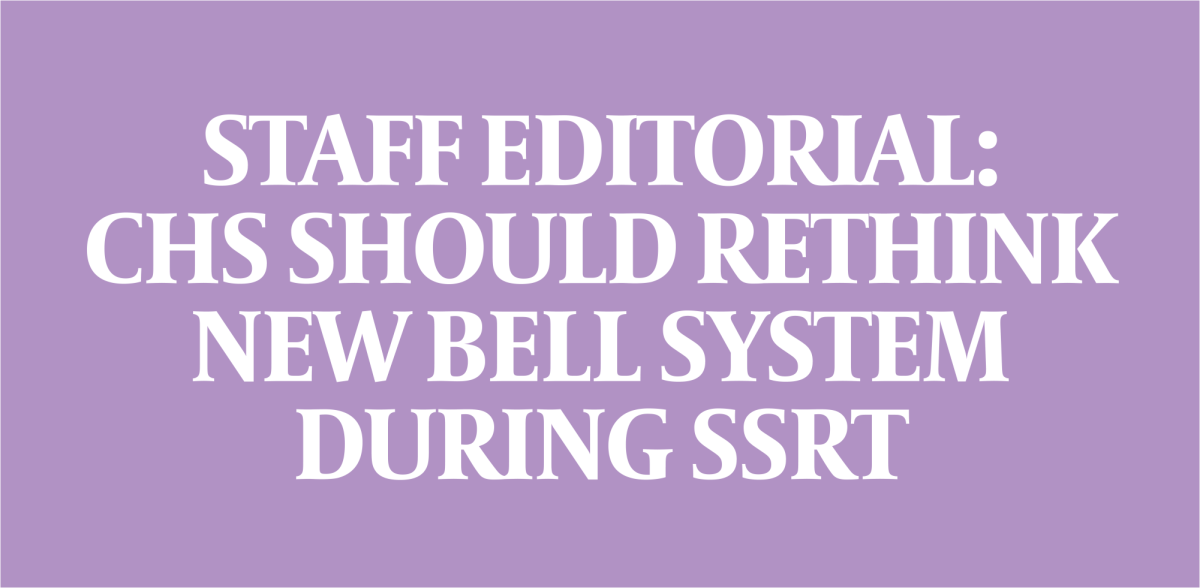
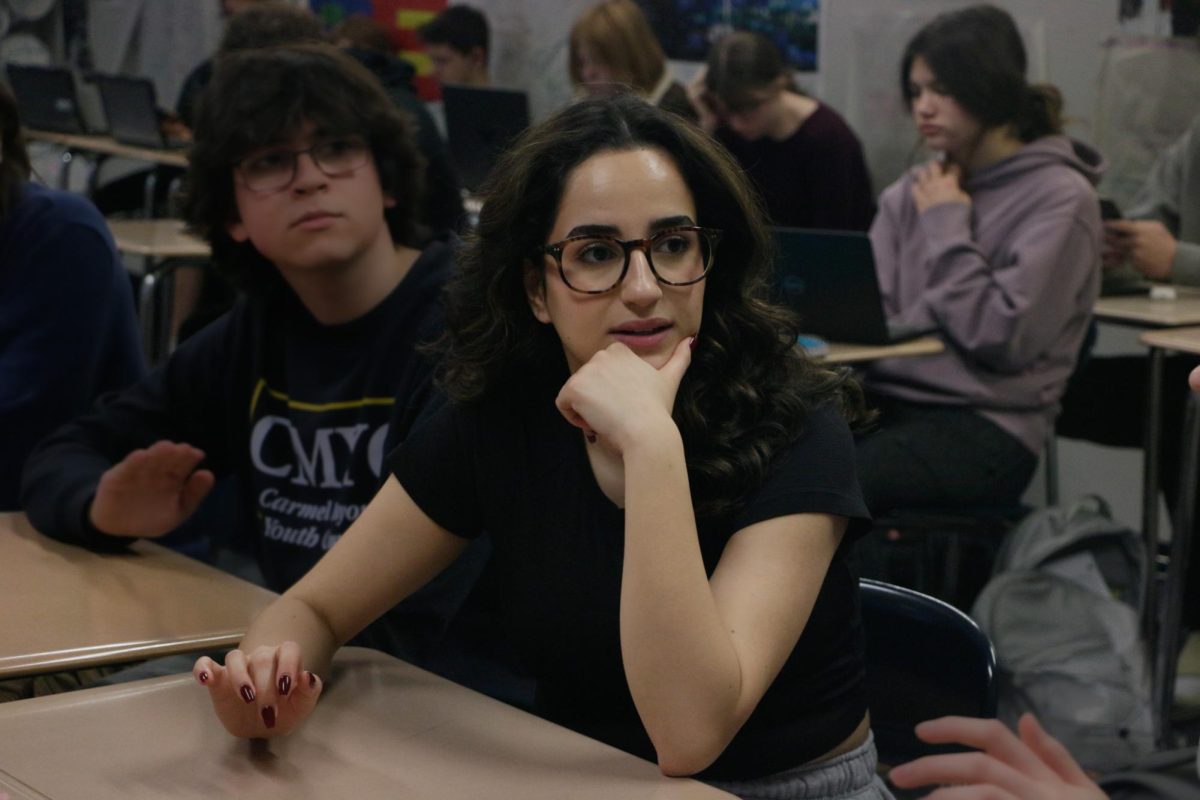

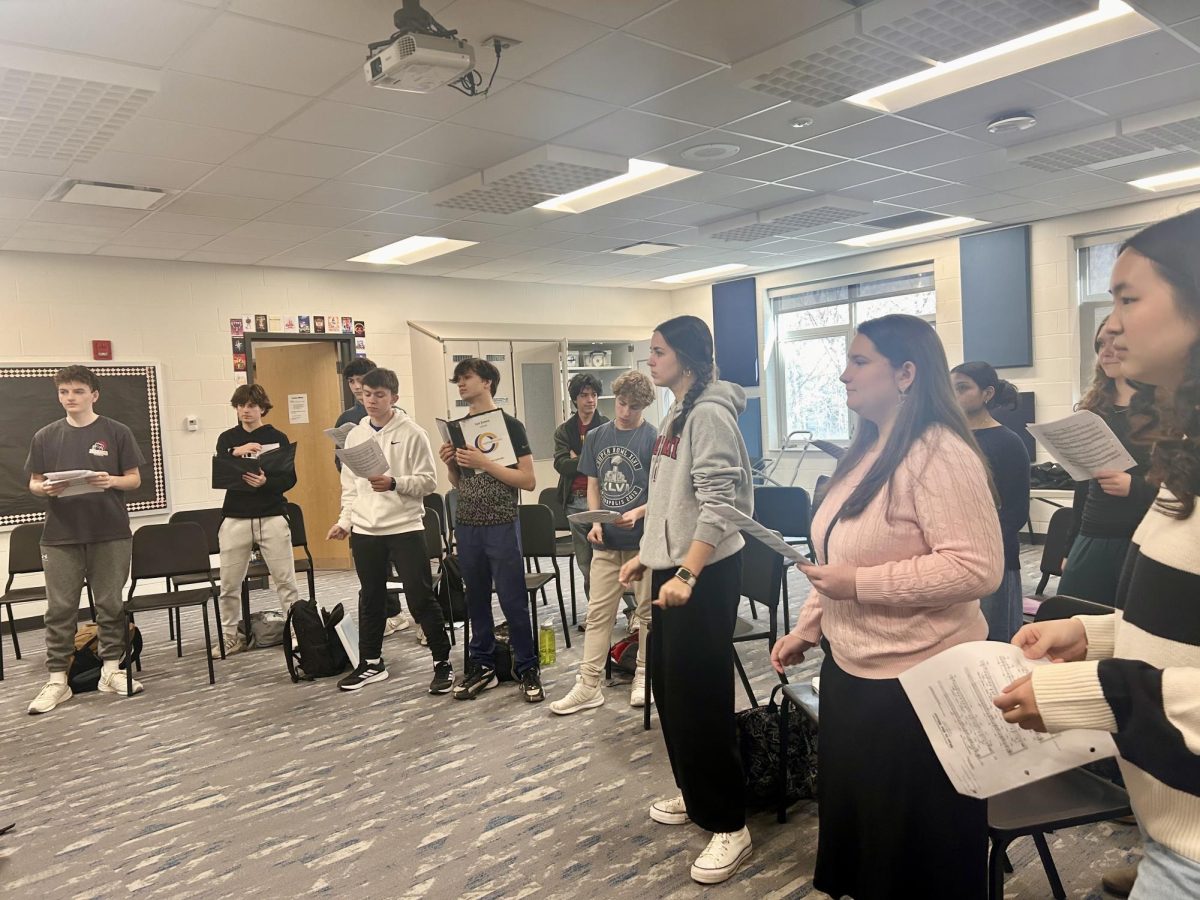

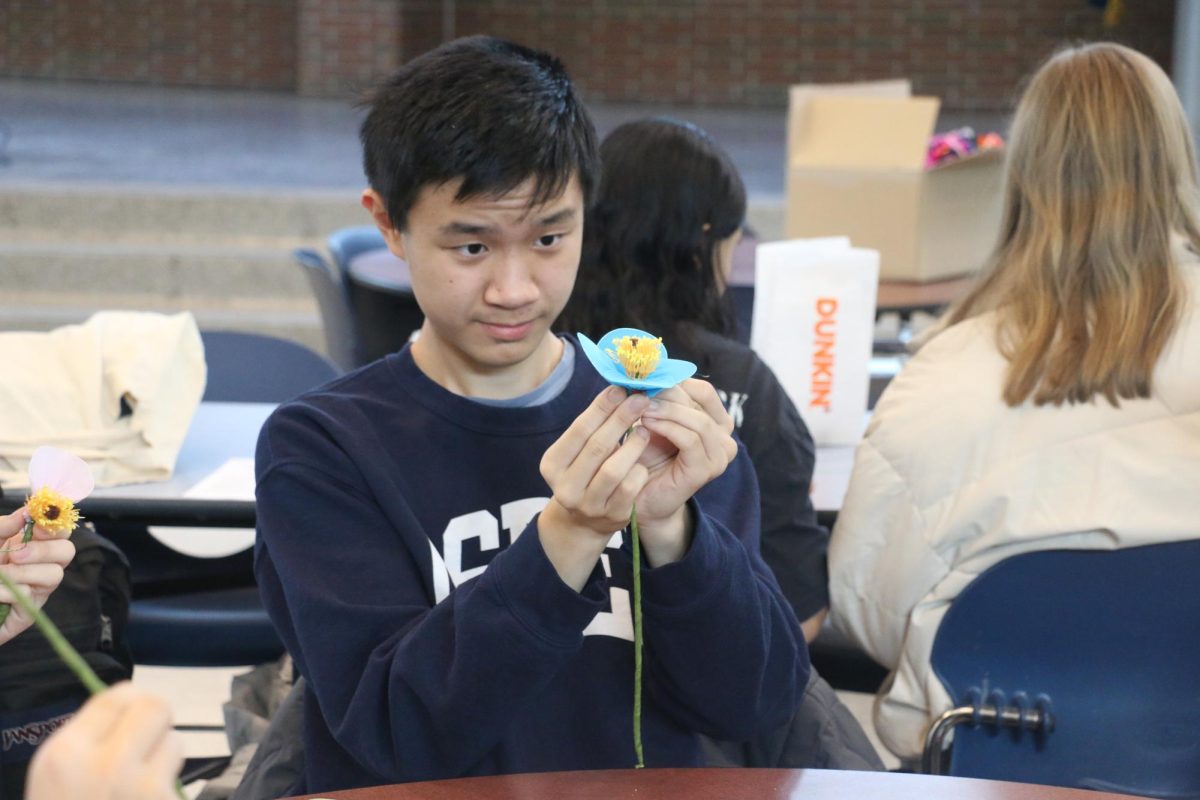




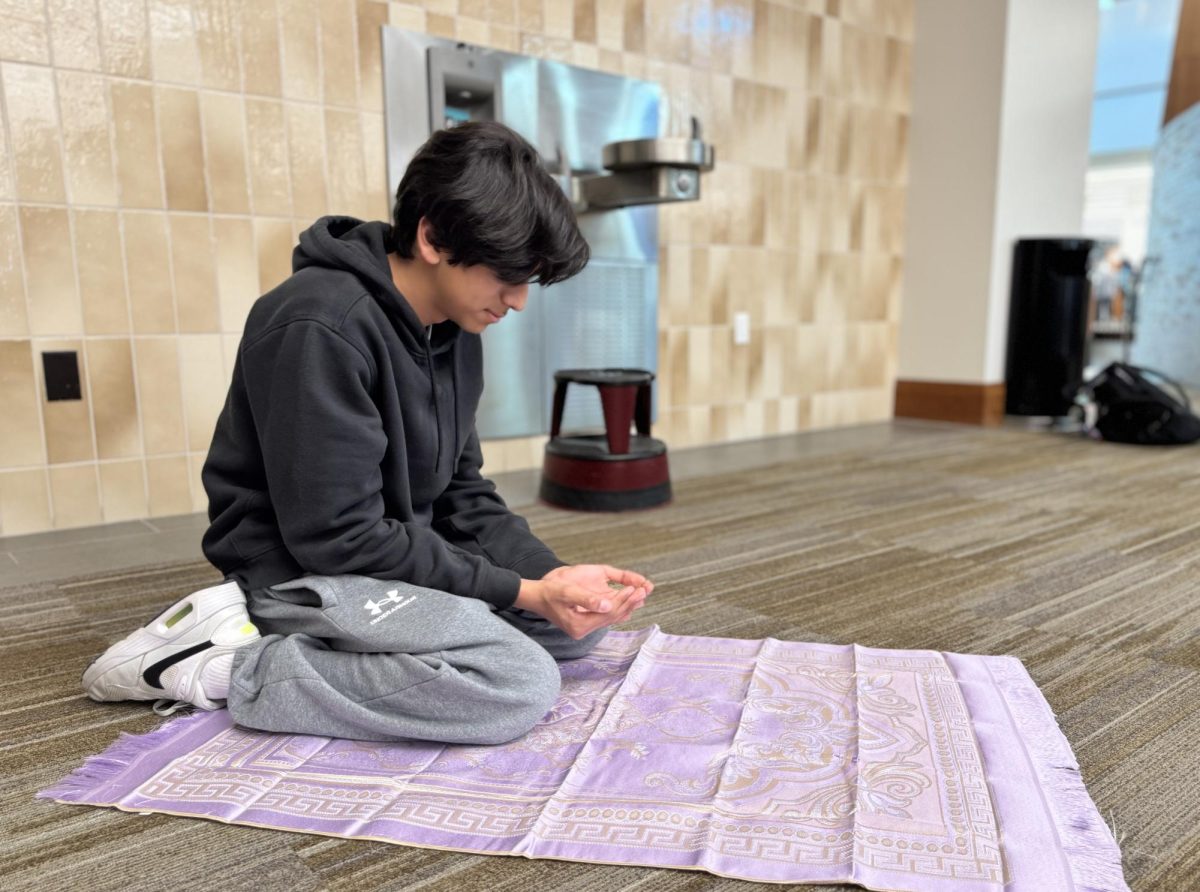





![AI in films like "The Brutalist" is convenient, but shouldn’t take priority [opinion]](https://hilite.org/wp-content/uploads/2025/02/catherine-cover-1200x471.jpg)


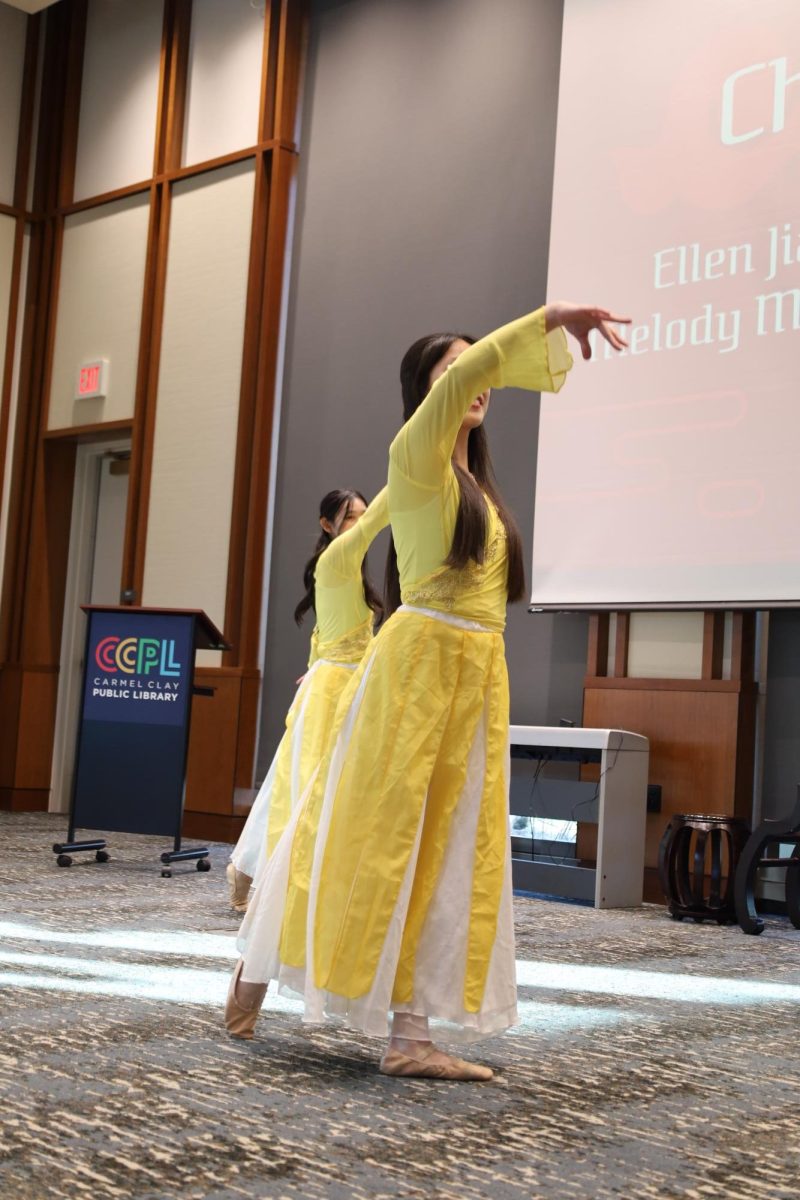










































![Review: “The Immortal Soul Salvage Yard:” A criminally underrated poetry collection [MUSE]](https://hilite.org/wp-content/uploads/2025/03/71cju6TvqmL._AC_UF10001000_QL80_.jpg)
![Review: "Dog Man" is Unapologetically Chaotic [MUSE]](https://hilite.org/wp-content/uploads/2025/03/dogman-1200x700.jpg)
![Review: "Ne Zha 2": The WeChat family reunion I didn’t know I needed [MUSE]](https://hilite.org/wp-content/uploads/2025/03/unnamed-4.png)
![Review in Print: Maripaz Villar brings a delightfully unique style to the world of WEBTOON [MUSE]](https://hilite.org/wp-content/uploads/2023/12/maripazcover-1200x960.jpg)
![Review: “The Sword of Kaigen” is a masterpiece [MUSE]](https://hilite.org/wp-content/uploads/2023/11/Screenshot-2023-11-26-201051.png)
![Review: Gateron Oil Kings, great linear switches, okay price [MUSE]](https://hilite.org/wp-content/uploads/2023/11/Screenshot-2023-11-26-200553.png)
![Review: “A Haunting in Venice” is a significant improvement from other Agatha Christie adaptations [MUSE]](https://hilite.org/wp-content/uploads/2023/11/e7ee2938a6d422669771bce6d8088521.jpg)
![Review: A Thanksgiving story from elementary school, still just as interesting [MUSE]](https://hilite.org/wp-content/uploads/2023/11/Screenshot-2023-11-26-195514-987x1200.png)
![Review: "When I Fly Towards You", cute, uplifting youth drama [MUSE]](https://hilite.org/wp-content/uploads/2023/09/When-I-Fly-Towards-You-Chinese-drama.png)
![Postcards from Muse: Hawaii Travel Diary [MUSE]](https://hilite.org/wp-content/uploads/2023/09/My-project-1-1200x1200.jpg)
![Review: "Ladybug & Cat Noir: The Movie," departure from original show [MUSE]](https://hilite.org/wp-content/uploads/2023/09/Ladybug__Cat_Noir_-_The_Movie_poster.jpg)
![Review in Print: "Hidden Love" is the cute, uplifting drama everyone needs [MUSE]](https://hilite.org/wp-content/uploads/2023/09/hiddenlovecover-e1693597208225-1030x1200.png)
![Review in Print: "Heartstopper" is the heartwarming queer romance we all need [MUSE]](https://hilite.org/wp-content/uploads/2023/08/museheartstoppercover-1200x654.png)

